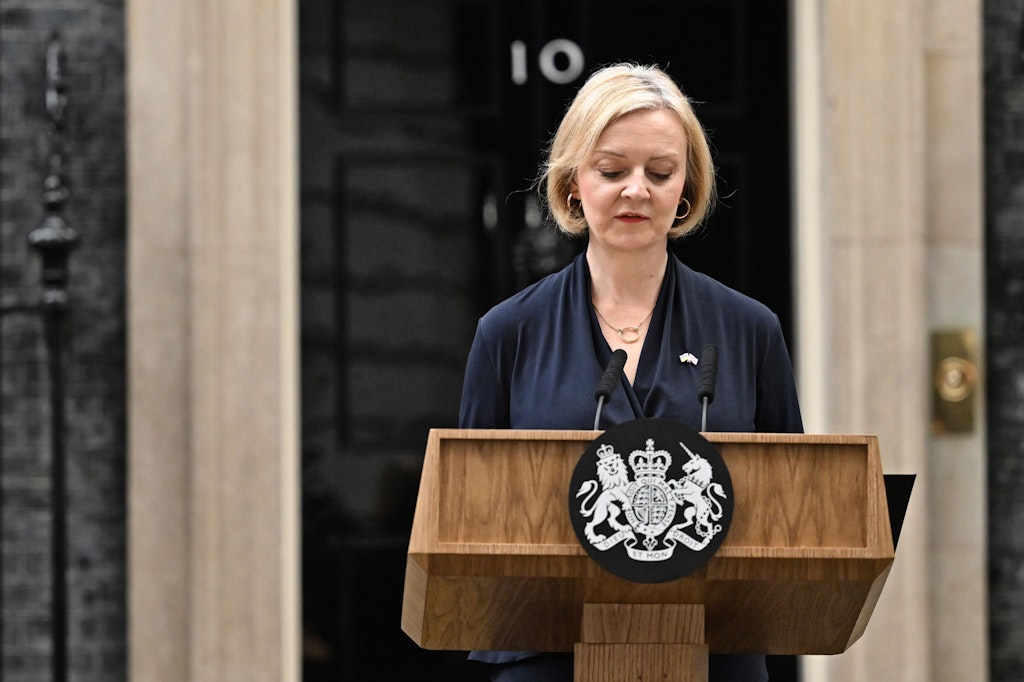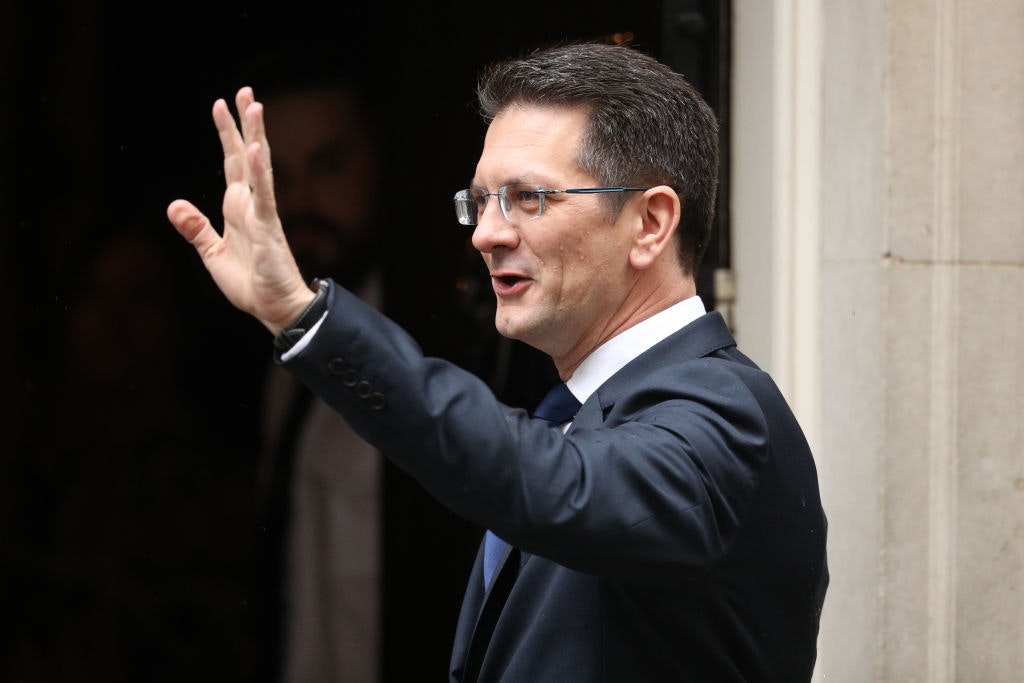A new wave of Conservative MPs (and former Conservative MPs) is loudly adopting the rhetoric of “pro-free speech” crusaders in the media. This is wonderful, but many seem to have conveniently forgotten they once endorsed laws which now result in the criminalisation of peaceful expressions, to the point of arresting individuals engaged in nothing more than silent prayer outside abortion clinics. This is not simply hyperbole. The records and reporting are clear.
Take Shadow Home Secretary, Chris Philp MP, who wrote an April 2025 Telegraph op-ed titled “Time to end the thought police madness.” He railed against “thought policing,” insisting that “People are perfectly entitled to say whatever they like, including things that are offensive, provided that they are not illegal”. And yet, in 2022, Philp was among the 113 Conservative MPs who voted for the Public Order Bill amendment introducing “censorship zones” (buffer zones) around abortion clinics, making prayer — even silent prayer — a criminal offence within 150m of these sites. This law has since led directly to the arrest and prosecution of people for silently praying, as evidenced by viral videos and, most recently, a payout of £13,000 by West Midlands Police to volunteer Isabel Vaughan-Spruce after her arrest for “unlawful” silent prayer was acknowledged to be a breach of her human rights.

Recently, the United States government issued a sharp warning to the UK over our abortion buffer zones, saying these restrictions put “shared values” of free speech at risk. This censure from the US State Department came just a week after its annual Human Rights Report accused Britain of implementing “serious restrictions on freedom of expression.” Whatever one’s view on US encroachment onto UK domestic policy, this is a noteworthy and striking escalation: when the crackdown on silent prayer began, few mainstream journalists took notice. Only the persistent efforts of campaigners — and those affected — have led to international scrutiny. The world’s most powerful government has now identified British buffer zones as an “egregious” violation of free expression. What once seemed an obscure issue has become a global human rights concern.
The hypocrisy extends to former Prime Minister Liz Truss. She recently decried “Britain’s free speech crisis” in conversation with US commentator Ben Shapiro, mumbling platitudes about “the shameful state of Britain.” Yet her government refused to whip against opposition-led clauses for buffer zones, enabling this very crackdown on free expression.

So-called “conscience votes” are not the noble exceptions Parliament pretends, but a fig-leaf that lets party leaders dodge responsibility while MPs posture as moral heroes. In reality, these were highly publicised amendments, hotly debated, and extensively criticised by civil liberties groups who warned, accurately, that they would lead to the criminalisation of speech, prayer, and offers of support. Parliament was told that buffer zones would result in arrests for silent prayer; this is not hindsight, this is precisely what campaigners and rights advocates laid out before the votes passed.
Nor is “thought policing” merely the result of “independent bodies” applying the law — another common deflection from politicians such as Truss, as claimed in her interview with Shapiro. The UK’s landscape of free expression has been fundamentally altered by a series of Acts passed by Parliament:
— The Malicious Communications Act 1998 criminalises a range of online and written statements.
— The Public Order Acts, including the 2023 Act, restrict forms of protest, assembly, or even expression deemed “insulting.”
— The Racial and Religious Hatred Act 2006.
— The Equality Act 2010, which frames creating an “offensive” environment as harassment, incentivising broad censorship and silencing of viewpoints.
Victoria Atkins previously touted her defence of “freedom to exchange thoughts and ideas,” and subsequently proceeded to vote for censorship zones in 2022. In 2016, she insisted: “the freedom of speech must mean that we will sometimes be offended … The freedom to inspire or eviscerate in argument; the freedom to speak; and the freedom to listen … must be defended jealously, because it goes to the essence of democracy and the rule of law” — while later voting to criminalise even silent expressions of faith near clinics.
“If the Conservative Party does not stand for freedom, then it stands for nothing.” So declared former MP Steve Baker to an attentive audience at the Institute of Economic Affairs’ “Future of the Right” panel last summer. Baker was, as always, good at defending “freedom” as the basis of conservative identity. Yet, when we examine his record — especially his support for buffer zones limiting even silent prayer outside abortion clinics — it raises the question of whether his ideology has ever truly been about freedom at all. Freedom is essential, but its true meaning is rooted in deeper values — the right recognises that society stands firm on enduring principles that give liberty its substance and direction. For many politicians, freedom often means only for themselves, while those with inconvenient beliefs are denied that liberty.
It is not only Conservatives who have failed on these questions. Zarah Sultana, for example, struck an impassioned pose defending “the right to protest” on X in solidarity with proscribed group Palestine Action, despite also voting to ban silent prayer outside clinics.
Britain does have a “free speech crisis”, but it is not, as some would have it, a result of administrative overreach alone. It is the direct legacy of politicians across parties — shrugging off reasoned warnings, choosing the path of censorship, and then feigning surprise when their constituents are arrested for their thoughts.












